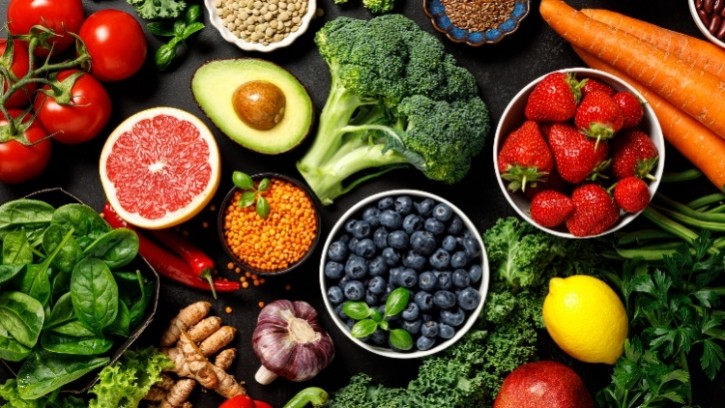Summer veg prices rocket by over 30%

The ongoing research from the Department for Environment, Food and Rural Affairs (DEFRA) tracks the weekly average prices charged at wholesale markets in Birmingham, Bristol and Manchester, as well as a London market (New Spitalfields or Western International).
The Morning Advertiser compared DEFRA’s fruit and veg prices for the four weeks of June 2023 to an equivalent period in 2022. It looked at seasonal produce, including beetroot, broad beans, carrots, cauliflower, courgettes, cucumber, peas, lettuce and tomatoes, in addition to blueberries, raspberries and strawberries.
Overall, summer fruit and vegetable prices have climbed by 21%. However, when considered as a separate category, fruit prices have actually dropped by 9.7%.
This comes after industry experts warned that ongoing hikes in food and drink prices were piling the pressure on hospitality operators, with supply chain fragility hitting the industry hard.
Rachel Dobson, managing director of hospitality buying specialist Lynx Purchasing, said: “Fresh produce is among the most volatile food categories in terms of pricing, because supplies can be quickly affected by a range of factors.
"Seasonality is a big factor, as is the weather, as well as other issues such as labour and transport costs. For example, the current severe heatwave across much of southern Europe can be expected to have a significant effect on produce."
This meant it was common to see big changes in both month-on-month and year-on-year price comparisons.
Carrots saw the highest price hike, rocketing by 88.9% from 54p per kilogram in June 2022 to £1.02 per kilogram in 2023. Dobson said this was due to crops being affected by the weather.
Price hikes
The price of beetroot also grew by a significant amount from 53p per kilogram to 83p this year – a 56.6% increase. The cost of broad beans rose by a similar amount (52.2%) from £1.82 per kilogram in 2022 to £2.77 in 2023.
But not all prices have shot up. Interestingly, blueberries have plummeted in price by 39.6% from £10,17 per kilogram to £6.15 in 2023.
Dobson explained that last summer there were problems with the availability of labour to pick fruit crops such as blueberries, which meant higher prices. There are more permits available for seasonal migrant labour this year, which has improved the situation.
Furthermore, the cost of cucumber has also fallen by 20.6% from 97p per kilogram in 2022 versus 77p in the like-for-like period in 2023.
According to Dobson, this is because cucumbers were in short supply a year ago, due to problems with supplies from southern Europe. "We’re now seeing more cucumber and salad supplies available from UK growers, who have stepped up supply in response to the shortages seen earlier this year, which means year-on-year prices look better in comparison," she said.
Despite this, most ingredients saw a cost increase across the board. The price of a head of cauliflower has soared by 42.5%, from £1.08 to £1.54, for instance, and the cost of a kilogram of peas has risen by 35.8% from £2.40 to £3.26.
Prioritising quality
Raspberries and strawberries also saw marginal price increases of 5.1% and 4.9% respectively. The cost of a kilogram of raspberries climbed from £8.61 to £9.05, while the price of a kilogram of strawberries rose from £3.24 to £3.40.
Dobson concluded: “Overall, the price rises that operators have seen over the past two years are now bedded in. While fresh produce prices will move up and down as availability changes, higher food costs are here to stay.
“Our advice to operators is to buy produce when it’s in season, and at its best in terms of quality, yield, value and availability. As always, those that can keep menu descriptions flexible will be best placed to make the most of any changes to supply.”







